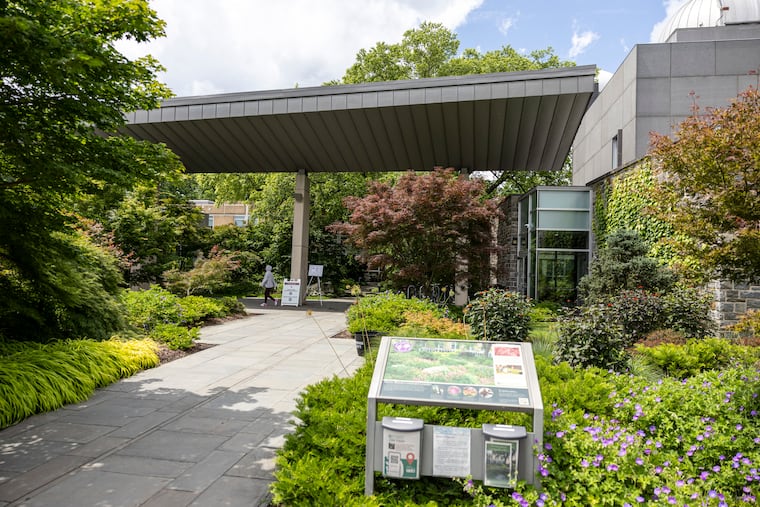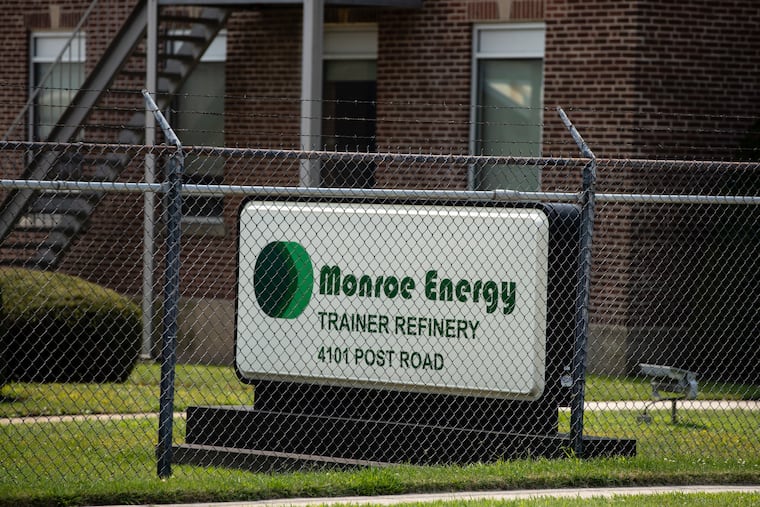Sudanese army claims Libya’s Haftar collaborated with RSF in cross-border attack.

The Sudanese army has recently accused the forces led by Libyan military commander Khalifa Haftar of launching attacks on its border posts, marking the first instance of direct allegations of Libyan involvement in Sudan’s ongoing civil war, which has now entered its third year. This significant development highlights the complex regional dynamics influencing the conflict, as various factions and international actors continue to engage in the struggle for influence in Sudan.
The armed confrontation in Sudan has primarily been between the Sudanese army and the paramilitary Rapid Support Forces (RSF). Allegations have emerged that both the RSF and Haftar’s forces are implicated in these recent cross-border skirmishes. The conflict has progressively drawn in numerous countries, complicating international efforts aimed at establishing a peaceful resolution.
Earlier in the conflict, Sudan leveled accusations against Haftar for allegedly supplying the RSF with weapons, further asserting that Haftar’s staunch ally, the United Arab Emirates (UAE), plays a pivotal role by providing military support to the RSF, including alleged drone strikes. The UAE has categorically denied these assertions, maintaining its commitment to the stability of the region.
Egypt, which has historically aligned itself with Haftar, has also shown its support for the Sudanese military, creating a multifaceted coalition of interests that complicates the broader regional landscape. Sudanese army spokesman Nabil Abdallah described the recent attacks as “blatant aggression” against Sudanese sovereignty, vowing that the nation would defend itself vigorously against external threats.
In its statements, Sudan’s Ministry of Foreign Affairs condemned what it termed as a “dangerous escalation” supported by the UAE and its regional allies. The ministry articulated concerns regarding the use of its borders by hostile groups for illicit trafficking of arms and mercenaries, which it attributes to external funding and coordination strategies involving Haftar’s forces and other militant factions.
While there has been no immediate response from Haftar’s forces, reports suggest that the RSF has taken control of strategic areas in the border triangle where Libya, Egypt, and Sudan converge. This development underscores the ongoing volatility and the potential for escalation in one of Africa’s most complex conflict zones.
As the situation unfolds, observers remain vigilant regarding the implications for regional stability and the humanitarian concerns arising from continued hostilities in Sudan. The international community continues to call for dialogue and peacebuilding efforts to address the underlying issues fueling the conflict.
#MiddleEastNews #PoliticsNews






